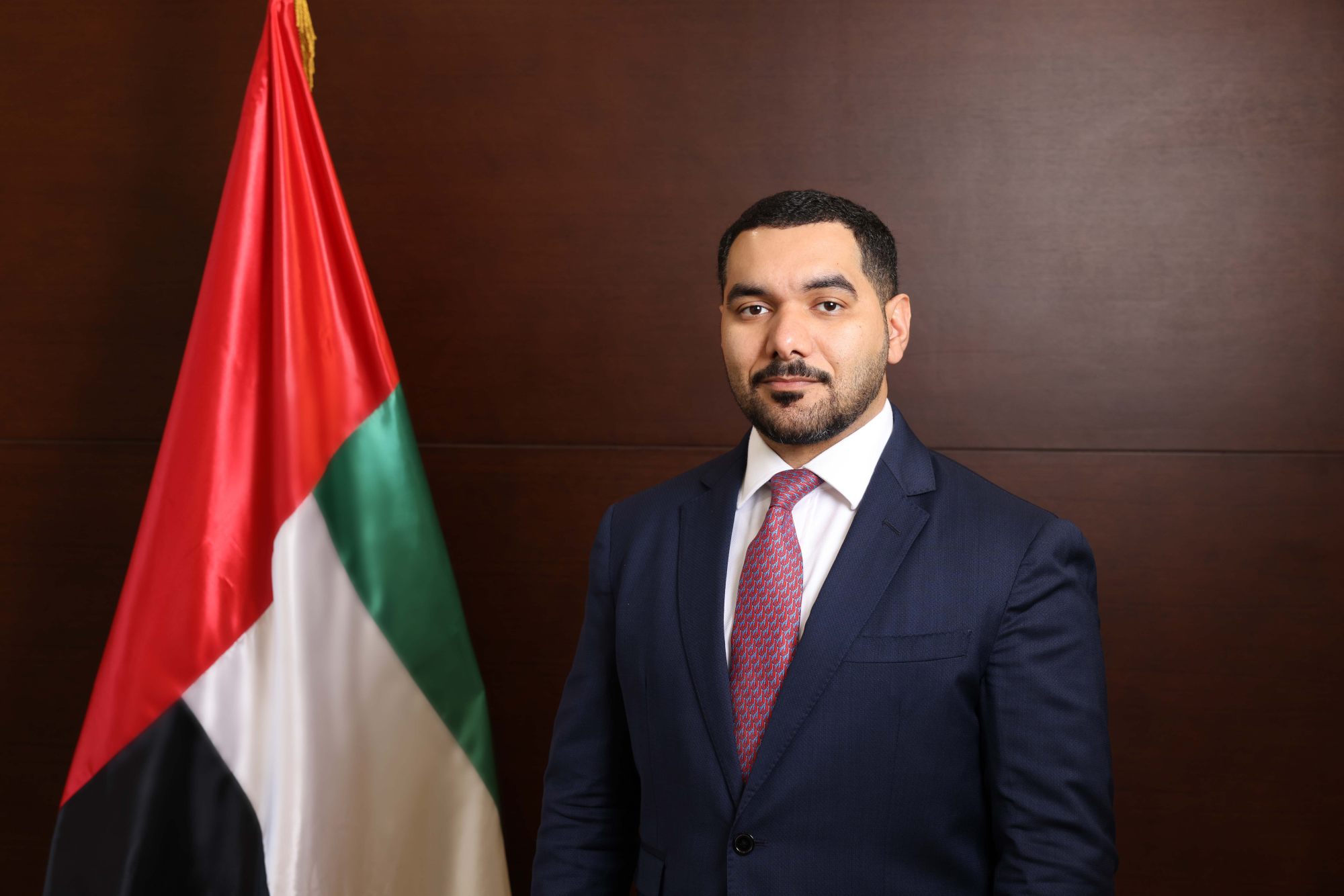UAE seeks closer China ties through Africa, South Pacific investments as Middle East nation eyes ‘global player role’
China has invested in Africa for nearly a quarter of a century, lured by its natural resources and chance to form closer relations with the region seen as relatively overlooked by the United States.
The United Arab Emirates is strategically positioned to consolidate its role as the primary facilitator of trade and investment
Much of Africa and the Middle East have hooked into China’s Belt and Road Initiative – Beijing’s trade initiative to link economies into a China-centred network.
The UAE, a wealthy economic hub in the Gulf region widely known for the high-rises of its biggest city Dubai, is the fourth largest global investor in Africa, according to investments database fDi Markets. It says that investment reached about US$60 billion over the past decade, including ports and other infrastructure.
“Of all the [belt and road] nations situated within the Gulf, the United Arab Emirates is strategically positioned to consolidate its role as the primary facilitator of trade and investment in the Middle East, Africa and South Asia region,” Mualla said on Wednesday.
The UAE has already invested US$10 billion in a China-led fund for Africa.
China-Middle East to step up trade amid strained ties with Western partners
China-Middle East to step up trade amid strained ties with Western partners
In the South Pacific, China’s trade, commerce and diplomacy have grown in recent years, while the UAE has allocated at least US$50 million to projects in the region where it can develop low-carbon technologies and grow foreign relations.
More than 4,000 Chinese companies already operate in the UAE, targeting the 100 million-population in the Gulf region, Mualla added.
The state-owned Cosco Shipping, which is the largest container operator in the world, uses Khalifa Port in the UAE capital of Abu Dhabi as its centre for Middle East operations, Mualla said.
He said Cosco’s presence has allowed for more trade between East Asia and the Gulf, while raising the port’s overall annual cargo capacity.

Chinese investors see their UAE bases as a “springboard” to build inroads in other countries, said Naubahar Sharif, head of the public policy division at the Hong Kong University of Science and Technology.
“This is in line with the UAE’s ability to be a more global player, sort of like Hong Kong,” he said.
Mualla said use of the yuan would “definitely” increase in the UAE and countries involved in the Belt and Road Initiative over “the coming years”.
A bigger role for the yuan would track with China’s efforts for more countries to conduct trade in its currency to reduce dependence on the US dollar.
China renewed a currency swap deal with the UAE in November to expand financial and economic relations.
More yuan traffic would play into the UAE’s “global aspirations”, Sharif said.
“We stand to potentially gain from more favourable agreements or consistently stable pricing on our acquisitions in Chinese yuan,” Mualla said.
He said currency swaps or other “structured” yuan terms could “mitigate currency risks given high trade volumes”.
But the consul general said that “the extent to which the UAE may embrace the use of yuan remains uncertain”.
China and the UAE are also eager on “enhancing collaboration” between the Shanghai Stock Exchange and UAE-based international financial centres, Mualla said.
The UAE also stands out as a safe destination, with relatively low levels of operating risks and diplomacy risks
Bilateral trade has “significant” potential for growth and expansion, especially in green technologies and professional services, he added.
For China, the UAE ranks eighth of 80 countries as key locations for investment, according to The Economist Intelligence Unit.
The UAE offers China access to natural resources and opens a gateway to the rest of the Middle East, along with Africa, said Xu Tianchen, senior China economist with The Economist Intelligence Unit.
“And at a time when Chinese enterprises attach increasing importance to risk aversion, the UAE also stands out as a safe destination, with relatively low levels of operating risks and diplomacy risks,” Xu said.


 Huge Games Selection
Huge Games Selection